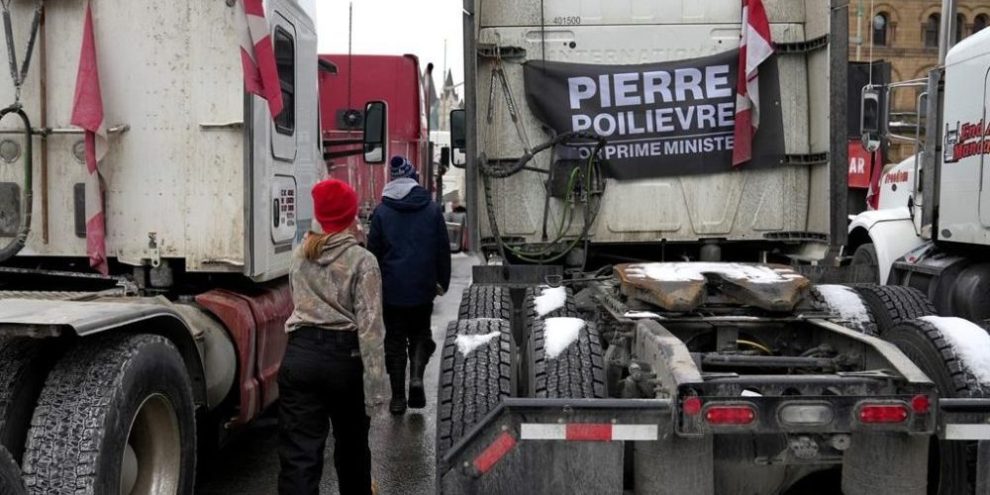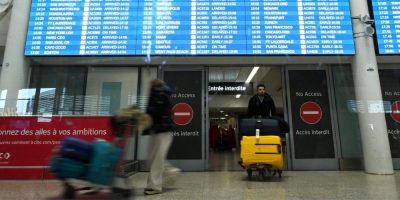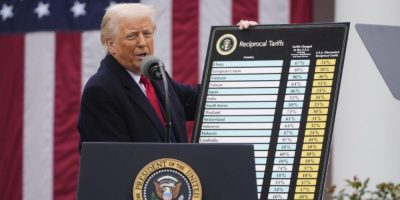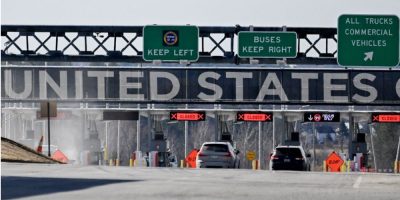
Stephanie Taylor, The Canadian Press
Conservative Leader Pierre Poilievresaid Wednesday he stands by his support of last winter’s "Freedom Convoy."
But he said he will wait until the end of a public inquiry investigating the Liberals’ invocation of emergency powers in response to the protests before weighing in on what it has heard.
Poilievre was among the many members of the Tory caucus who voiced support for demonstrators who descended on downtown Ottawa last winter, protesting against COVID−19 mandates and Prime Minister Justin Trudeau’s government.
"I support the law−abiding and peaceful protesters who were demonstrating for their livelihoods and for their liberties, while simultaneously condemning any individual who behaved badly, blocked critical infrastructure or broke laws," he told reporters in Vancouver during a rare media availability.
"That’s how our system works."
Before protesters arrived at the end of January, Poilievre had said he believed the individual actions of bad actors should be judged separately from those who were taking to the streets to voice concerns about their freedom.
Former Conservative leader Erin O’Toole was ousted days into the weeks−long protest, and Poilievre announced his candidacy while it was still underway. In the early days of the campaign, he voiced his support for those who refused to get vaccinated and touted his endorsement of the protest in Ottawa.
The demonstration ultimately ended once police moved in to dismantle blockades around Parliament Hill in mid−February, after the federal government triggered the Emergencies Act.
For weeks, residents and businesses in the capital’s downtown lived with clogged streets and the constant honking of truck horns in what police and government officials described as a lawless occupation.
Protesters, who erected structures such as a speaker’s stage and a bouncy castle, maintained their demonstration was peaceful.
Poilievre added on Wednesday that he will wait until the Public Order Emergency Commission is complete to say what he thinks of the evidence it has heard.
Justice Paul Rouleau is overseeing six weeks of public hearings expected to wrap up Nov. 25. He must present a final report to Parliament by Feb. 20, 2023, that assesses whether Trudeau’s government met the threshold for declaring a national emergency and extending special powers to police.
Reports from the Ontario Provincial Police, tabled as evidence before the commission, suggested that individuals with extremist views were trying to attach themselves to the protest.
Ottawa’s interim police chief, Steve Bell, described residents experiencing harm because of the noise and harassment.
Key convoy organizers confirmed in their own testimony that there were power struggles among protest leaders and the lack of a central leader meant it was impossible to control the demonstrators.
Poilievre’s decision to hold a news conference Wednesday marked only the second time since his election Sept. 10 that the party invited reporters from major national media outlets to pose questions to the leader.
Aside from rare one−on−one interviews given to specific outlets, Poilievre has also recently spoken to publications serving immigrant and cultural communities in cities such as Vancouver — cohorts of voters the Tories need to build better inroads with if they hope to form the next government.
Poilievre took the opportunity Wednesday to defend his decision to answer questions from journalists not belonging to the Parliamentary Press Gallery, saying he’s held "multicultural press conferences to reach out to new voices."
— With files from Brenna Owen.
banner image: The Canadian Press





